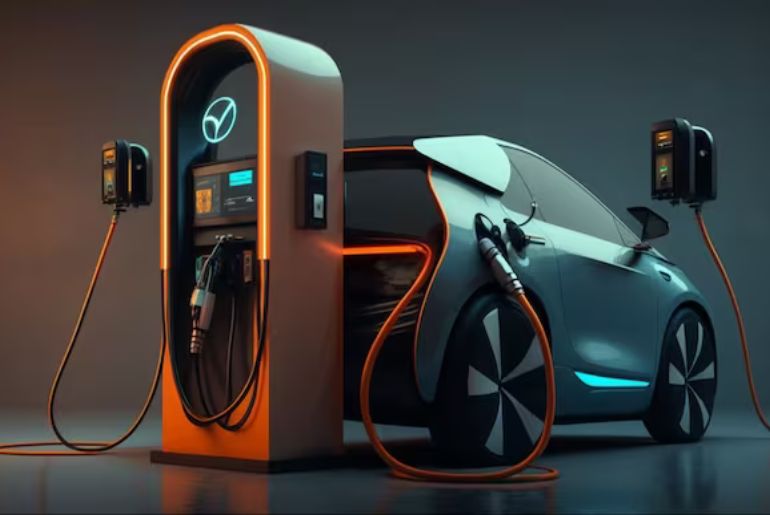According to data from JATO Dynamics, passenger car registrations in Europe fell 1.7% year over year in November, totaling 1,054,043 units across 28 European markets. Despite the drop, 11,847,573 units have been registered so far this year, which represents a slight 0.8% rise over the same time last year.
In November, 65% of all sales were made by the top five manufacturers in Europe: Volkswagen Group, Stellantis, Renault Group, BMW Group, and Mercedes-Benz Group. Korean automakers took 7.5% of the market, followed by Japanese automakers with 13%. China’s automakers increased to 6.7%, while Ford and Tesla, both based in the United States, combined for 5.9%.
With a 26% market share, Volkswagen Group led the BEV market due to 16% rise in sales. Due in large part to delays with its upgraded Model Y, Tesla, the second-largest seller of BEVs, witnessed a 28% decline in volume. With a combined total of over 24,100 BEV registrations, Chinese automakers BYD (+127%), Leapmotor (+296%), and Xpeng (+93%) increased their market share.
The Dacia Sandero continued to dominate the passenger car market in Europe, extending its lead over the Volkswagen Golf. The Volkswagen Tiguan, Peugeot 208, Toyota Yaris, and Volkswagen T-Roc were among the other models that demonstrated robust year-over-year growth.
Among BEVs, the Renault Captur, Toyota C-HR, Jeep Avenger, and Skoda Fabia all shown exceptional performance. In the electric market, Chinese companies BYD, Leapmotor, and Xpeng became well-known.
As the year comes to an end, the European auto industry is dealing with a combination of factors, including a little increase in 2024 registrations overall and a rise in demand for electric cars. The competitive landscape is changing quickly as Chinese manufacturers establish their footprint and BEVs gain traction.


